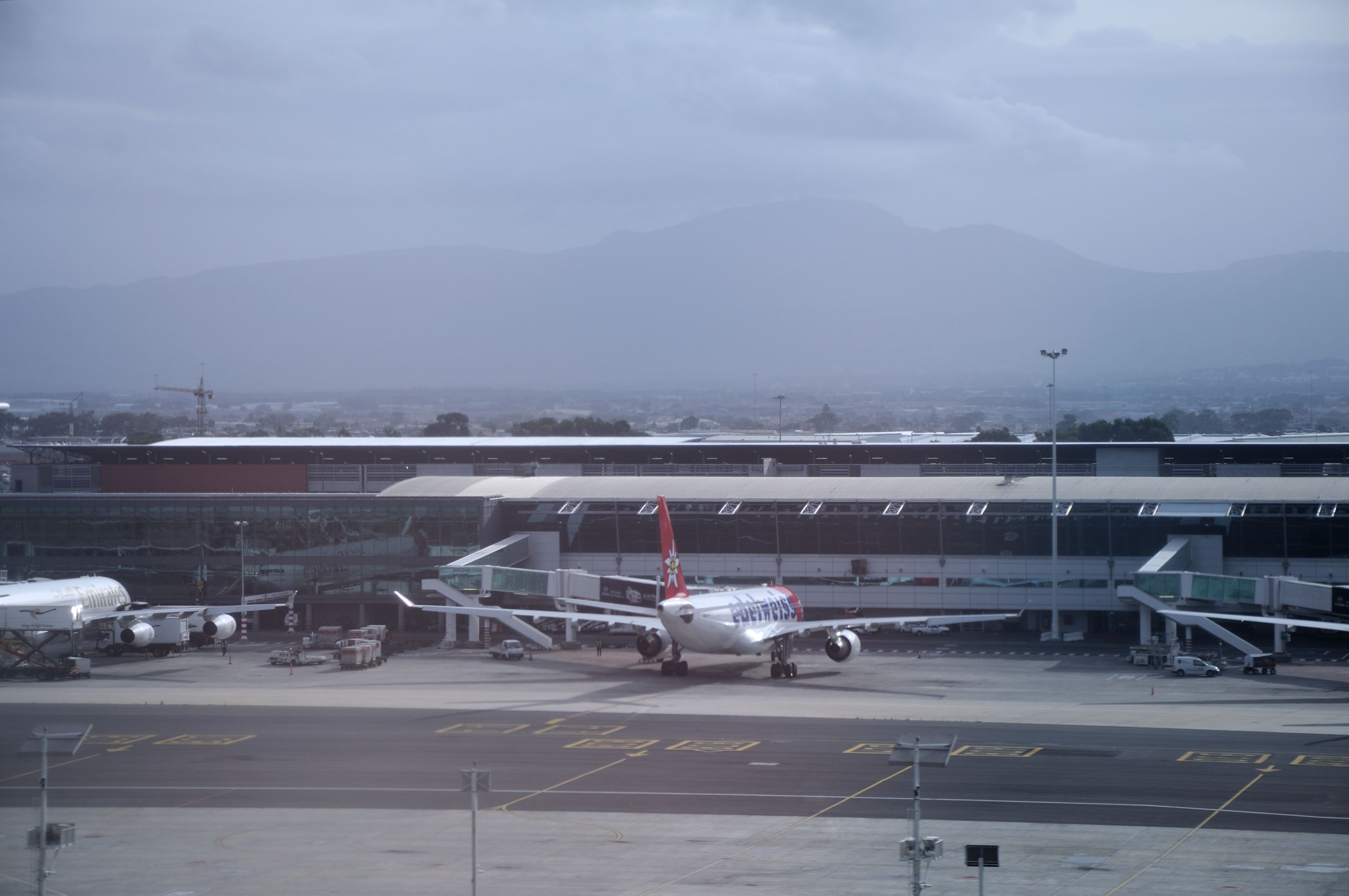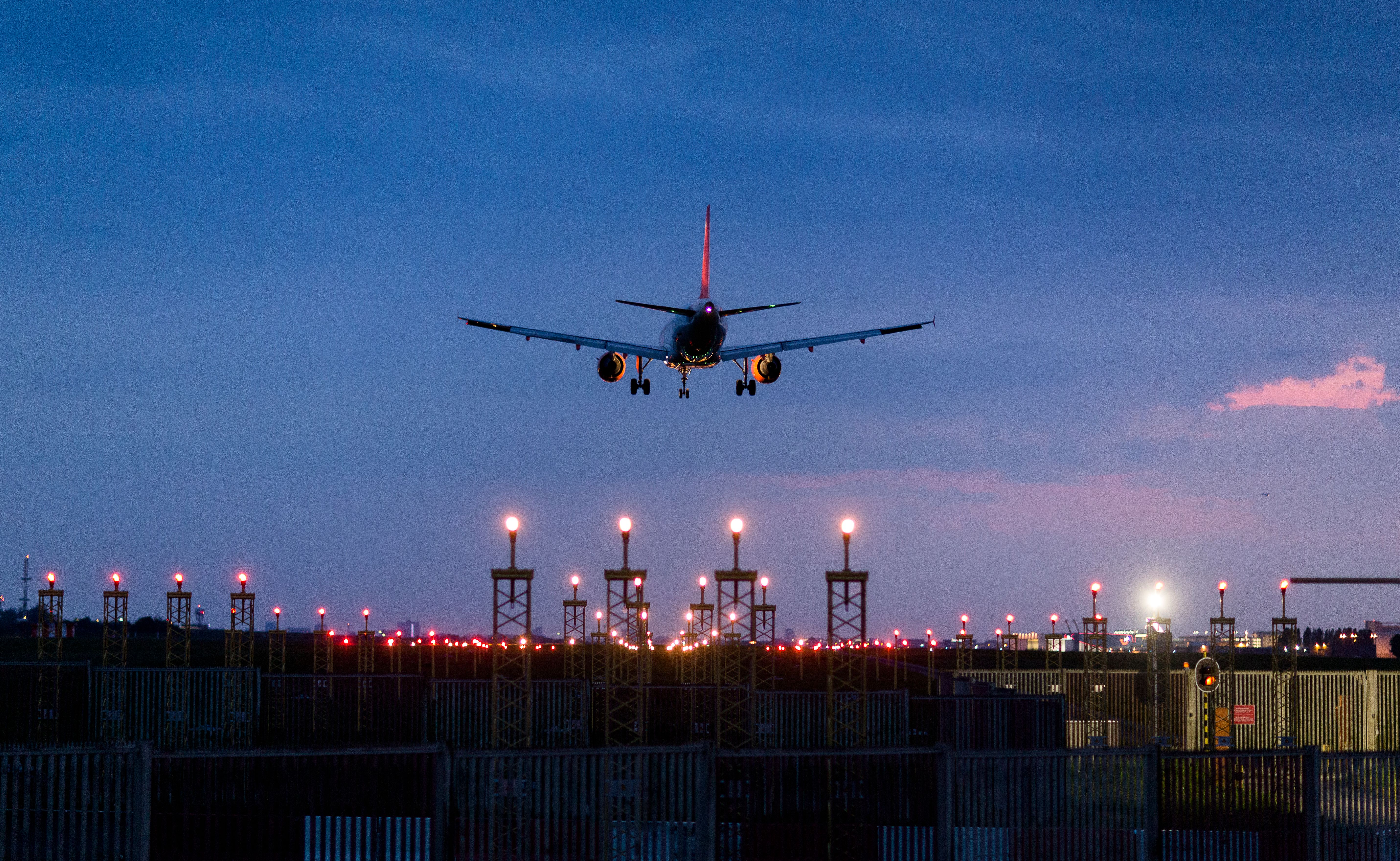A charter aircraft from Angola is stuck at Cape Town International Airport for landing there without relevant permits. While there were no issues with the certification and licenses of the pilots and crew onboard, it was the aircraft in question which ran into trouble with the authorities.
Landing without permit
On the evening of October 7th, an aircraft chartered by TAAG Angola Airlines performed a landing at South Africa's Cape Town International Airport (CPT) but was soon grounded after it emerged that it did not have the foreign operator's permit (FOP) required to land there.
The South Africa Civil Aviation Authority (SACAA) got involved and discovered that the plane did not follow the rules of international landing as laid down in the Chicago Convention.
According to SABC News, the Department of Transport, the International Air Services Council, and the Angolan authorities are holding discussions to resolve the matter. The Angolan Embassy has also issued an apology for the incident and asked for assistance to get the aircraft back in the air again.
Fleet grounding caused the oversight
The aircraft had made the journey to Cape Town to carry back workers of the oil company Chevron. TAAG Angola Airlines has an FOP, which lists all the aircraft in its regular fleet for commercial operations.
But the carrier has several of its planes grounded due to maintenance and therefore chartered an aircraft to perform this particular flight. The entire incident is rooted in this airplane not being listed on the airline's FOP and was, therefore, legally not allowed to land there.
The spokesperson for the National Transport Department, Lwazi Khoza, commented,
“Due to the grounding of some of their fleet due to maintenance, they chartered an aircraft not listed in their FOP to collect workers of the oil company, Chevron. The International Air Services Act of 1993 requires that a holder of an FOP must apply to amend their permit if there is a change in the category or kind of aircraft, amongst others. In this case, this was not done.”
Not having the relevant landing permit is in violation of South Africa's civil aviation laws, and the authorities are taking the matter quite seriously. The aircraft will remain at the airport until the FOP issue is resolved.
SACAA, however, noted that the crew operating the flight were in possession of all the relevant documents to perform the flight safely and legally.
FOP requirements
A foreign operator's permit is required by any aircraft which lands in a foreign airport. Airlines intending to conduct passenger or cargo operations in a particular country must first obtain relevant permits from the authorities governing the nation's civil aviation requirements.
Get the latest aviation news straight to your inbox: Sign up for our newsletters today.
There can be some exceptions to this rule. For instance, the UK's Civil Aviation Authority (CAA) states that some flights performed by non-UK registered aircraft do not require a foreign carrier permit. These include private flights, overflights of the UK, state flights undertaken on behalf of a foreign government, and positioning, ferry, and delivery flights, among others.
What are your views on this? Please leave a comment below.
Source: SABC News



.jpg)
